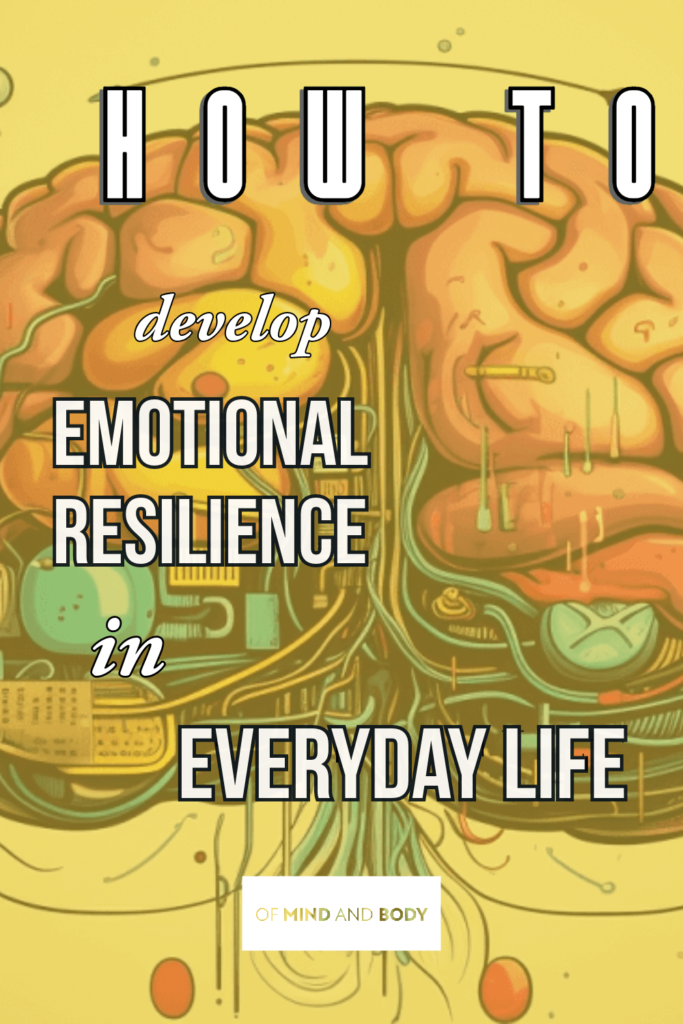
In today’s fast-paced and often unpredictable world, emotional resilience is like a strong anchor that helps keep our mental well-being stable. This vital trait is not just about enduring hardships; it’s about learning, growing, and coming out stronger on the other side. It enables us to handle stress, resolve conflicts, and approach challenges with a balanced perspective.
Understanding and cultivating emotional resilience is not just a self-improvement goal; it’s a life skill that can profoundly impact our happiness, relationships, and overall mental health.
So, what exactly is this form of resilience, and how can we make it a part of our daily lives?
Let’s delve deeper to fully grasp the importance of this attribute and how to nurture it in ourselves.
The Meaning Behind Emotional Resilience
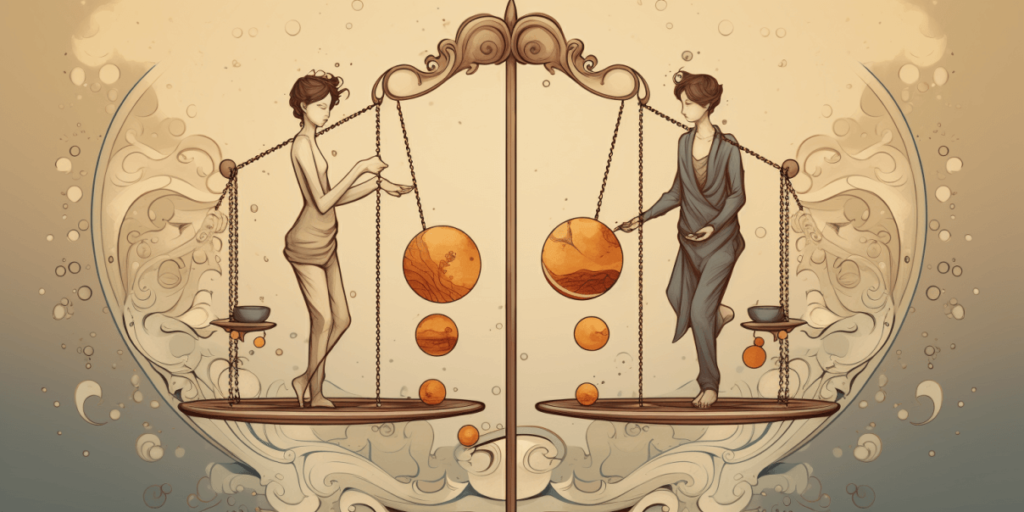
Emotional resilience is more than just a trendy term; it’s a sophisticated blend of mental skills and emotional savvy. At its core, emotional resilience is the ability to recover from setbacks, emerging stronger rather than weakened. While mindfulness, stoicism, and Cognitive Behavioural Therapy (CBT) offer one effective approach to building resilience, it’s important to note that there are multiple pathways to achieving this vital trait.
Here are some everyday examples where emotional resilience becomes not just a virtue but a necessity:
In the Workplace
Navigating the complexities of workplace relationships can often feel like walking a delicate balance beam. Whether it’s a project that doesn’t go as planned or a disagreement with a coworker, these situations can quickly escalate into self-doubt or needless strife. Emotional resilience empowers you to keep your composure, viewing these challenges as chances for personal and professional development.
Additionally, emotional resilience equips you to assess conflicts with a level-headed perspective, allowing you to make the most out of even difficult circumstances. The capacity to remain composed while others are losing their cool serves as a strong indicator of your emotional resilience.
“If you can keep your head when all about you are losing theirs”
Rudyard Kipling.
Trials of Parenting
The odyssey of raising children is fraught with moments that test your emotional mettle. From handling tantrums to navigating the complexities of teenage rebellion, emotional resilience equips you with the patience and wisdom to guide your child while maintaining your own sense of balance and equanimity.
Health Setbacks
A sudden illness or a chronic condition can be a seismic event, shaking the very foundations of your life. Emotional resilience provides the fortitude to cope with medical challenges, transforming them from insurmountable obstacles into battles that can be fought and often won.
From a personal standpoint, emotional resilience proved indispensable when grappling with a recent injury that sidelined me from an activity that held immense significance in my life. When reality diverged from my plans, the capacity to introspect, re–evaluate, and chart a new course became essential for managing the mental toll of the injury.
Financial Uncertainty
The vicissitudes of economic life can be merciless, be it a job loss or an unexpected expense. Emotional resilience offers you the mental clarity to assess your options and make sound decisions, even when the walls seem to be closing in.
Social Interactions
Navigating the social tapestry of friendships, relationships, and even casual interactions requires a nuanced understanding of human emotions. A falling out with a friend or a misunderstanding with a partner can be emotionally taxing. Resilience helps you to not only manage your own emotional responses but also to empathise with others, fostering healthier relationships.
Academic Challenges
Whether you’re a student grappling with exam stress or an adult facing the rigours of continued education, academic pressures can be overwhelming. Emotional resilience helps you keep a clear head, transforming academic challenges into stepping stones rather than stumbling blocks.
The Daily Commute
Something as mundane as a daily commute can be a hotbed for stress and frustration. Traffic jams, crowded public transport, and unexpected delays can fray even the calmest nerves. Emotional resilience helps you maintain a sense of tranquillity, turning a potentially stressful experience into a moment for mindfulness or contemplation.
These examples illustrate the ubiquitous nature of emotional resilience. It’s not just a shield against life’s major upheavals but also a sword to cut through the predicaments of everyday challenges. It’s the linchpin that holds the complex machinery of our lives together, enabling us to function, adapt, and thrive.
The Anatomy of an Emotionally Resilient Individual

What is the secret formula that shapes an emotionally resilient individual? It’s a unique combination of natural strength, learned skills, and a bit of daring courage. These people have a remarkable knack for turning obstacles into opportunities for growth and self-improvement. They don’t just react to life’s challenges; they actively shape their emotional responses to them.
Emotionally resilient individuals often have a strong sense of inner fortitude. This isn’t just about being tough; it’s about having a core of stability that they can tap into when times get hard. This inner strength often comes from a mix of natural temperament and life experiences that have taught them how to cope effectively.
Cultivated wisdom is another cornerstone. This means they’ve invested time in understanding themselves and the world around them. Whether it’s through formal education, self-study, or life experiences, they’ve gained insights that help them navigate difficult situations with a level head.
Lastly, a dash of audacity or boldness gives them the courage to face challenges head-on rather than avoiding them. This audacity is not recklessness; it’s a calculated form of bravery that allows them to step out of their comfort zones, take risks, and embrace change.
Together, these qualities make them masters of their own emotional worlds. They know how to build mental and emotional “safe spaces” even when external circumstances are tough. In essence, they are skilled architects of their own well-being, capable of creating a sense of inner peace even when the world around them is in turmoil.
The Role of Mindfulness in Emotional Resilience

Mindfulness serves as a guiding light on the journey to emotional resilience. By grounding ourselves in the here and now, we unlock invaluable understanding of our emotional and cognitive behaviours. This enhanced awareness functions like a refining process, helping us fine-tune our reactions to the diverse challenges life throws our way.
It’s crucial to emphasise that the self-awareness cultivated through regular mindfulness practice should be a priority in our mental health maintenance. Holding onto our mental space and prioritising our own well-being is not an act of selfishness or self-indulgence; rather, it’s an essential step in the ongoing effort to keep our minds healthy and resilient. By being vigilant and proactive about our mental state, we’re better equipped to navigate life’s complexities and contribute positively to the world around us.
Stoicism: The Ancient Philosophy for Modern Resilience
Stoicism provides enduring insights that are invaluable for nurturing emotional resilience. At the core of this ancient philosophy is the concept of equanimity, which is the skill of maintaining a calm and balanced state of mind, regardless of external circumstances. Stoicism teaches us that while we can’t control external events, we can control our reactions to them, thereby achieving a sense of inner peace even in tumultuous situations.
By embracing and internalising the tenets of stoicism, we gain more than just a philosophical viewpoint; we acquire a navigational tool for life. This “compass” doesn’t merely point us in the direction of momentary calm but guides us toward a sustained state of tranquillity. It helps us differentiate between what we can change and what we must accept, allowing us to focus our energy more effectively.
Incorporating stoic principles into our daily lives means practising mindfulness in our reactions, cultivating wisdom in our decision-making, and exercising courage in the face of adversity. Over time, these practices become ingrained habits, fortifying our emotional resilience and equipping us to navigate the complexities of life with a steadier hand and a calmer mind.
Cognitive Behavioral Therapy: The Practical Approach to Building Resilience
CBT serves as a toolkit for cognitive mastery, offering pragmatic strategies to rewire our neural pathways. It complements mindfulness and stoicism by providing actionable steps for challenging cognitive biases and rectifying mental misfires. Through utilising the techniques of CBT, we gain the agency to sculpt our thought patterns, thereby fostering healthier emotional responses to the challenges we face in our daily life.
How To Build Your Emotional Resilience Toolkit

Building a strong emotional resilience toolkit is like putting together a puzzle; each technique or practise you add contributes to a more complete and effective approach to managing life’s challenges. And each technique you develop can be useful in different situations
Whether you’re starting with foundational practices like deep breathing or moving on to more nuanced methods, each element serves a purpose. Here are five techniques that can be instrumental in developing emotional resilience:
Mindfulness Meditation
Mindfulness meditation is a practice centred on honing your focus on the present moment, thereby heightening your awareness of your thoughts and emotions. This increased mindfulness allows you to identify potential stressors and emotional triggers before they intensify, offering you the chance to opt for a healthier emotional reaction.
It’s crucial to understand that mindfulness meditation is not a quick fix or a temporary solution for immediate stress relief. Rather, it should be viewed as a consistent practice, akin to performing mental sit-ups to fortify the core of your consciousness. As Sam Harris aptly describes it, consider mindfulness meditation as a “bicep curl for the brain,” conditioning your mind to be better prepared for the inevitable highs and lows of life.
Stoic Journaling
Stoic philosophy underscores the value of exerting control over what’s within your reach and relinquishing concern for what’s beyond it. Keeping a journal from a stoic viewpoint can assist you in pinpointing these aspects in your everyday experiences. Documenting the hurdles you encounter and your subsequent reactions provides invaluable insights into refining your emotional management skills.
It’s worth adding that both the acts of forward planning and reflection are integral parts of this process. Reviewing your journal entries allows you to assess both your successes and areas for improvement. When coupled with mindfulness practices, stoic journaling can evolve into a formidable cornerstone for enhancing your mental resilience.
Cognitive Reiframing
Cognitive Behavioural Therapy (CBT) introduces the technique of cognitive re-framing, which is the practice of altering your viewpoint on a given situation to modify your emotional reaction to it. For instance, rather than internalising a setback as a personal failure by thinking, “I failed, so I’m a failure,” you could re-frame the thought to, “I didn’t succeed this time, which provides me with a learning opportunity for future attempts.“
It’s important to note that cognitive re-framing can be applied more broadly, extending beyond isolated thoughts to encompass your overall cognitive approach to well-being. Implementing this technique on a larger scale involves a heightened level of awareness, consistent practice, and a considerable amount of patience. Over time, this practice can significantly influence your emotional resilience, equipping you with a more adaptive and constructive mindset for navigating life’s challenges.
Gratitude Practice
Regularly acknowledging and expressing gratitude can shift your focus from what’s lacking or negative to what’s abundant and positive in your life. This practice can be as simple as keeping a gratitude journal where you list things you’re thankful for each day. Over time, this can help build emotional resilience by fostering a more positive outlook on life.
Social Support and Connection
Never underestimate the power of a strong support network. Whether it’s friends, family, or support groups, having people you can rely on can significantly bolster your emotional resilience. Sometimes, just knowing that someone has your back can give you the courage to face challenges head-on.
By incorporating these techniques into your routine, you’re not just adding isolated practices but creating a comprehensive approach to emotional resilience. Each technique offers its own benefits, and when used in combination, they can provide a robust framework for navigating life’s ups and downs.
Progress in emotional resilience is often subtle, manifesting not as seismic shifts but as incremental changes. Celebrate the small victories; they are the stepping stones to your grander goals.
Conclusion
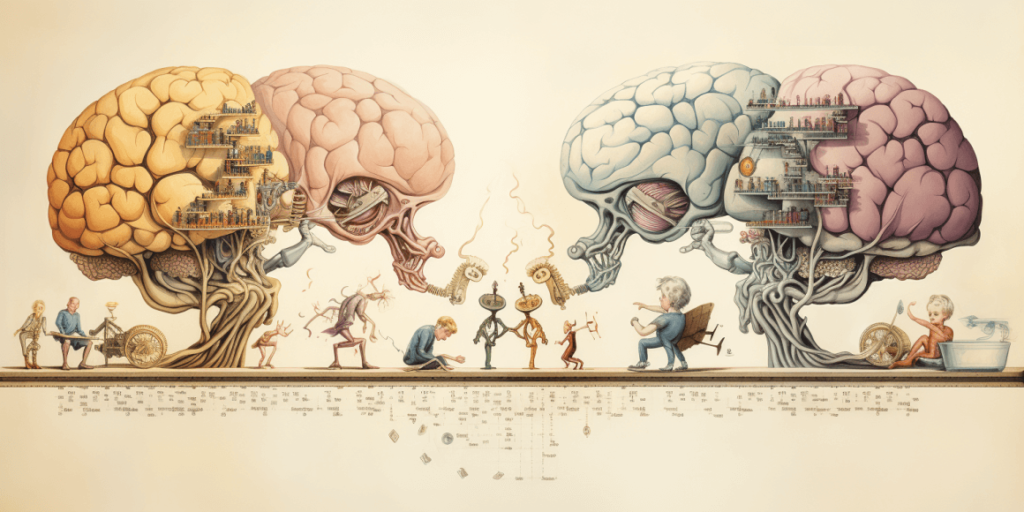
Emotional resilience is not a fixed point you reach or a static trait you either have or don’t have; it’s a dynamic, ongoing process of personal growth and mental strength-building. This journey is enriched by incorporating various philosophies and techniques, such as mindfulness, stoicism, and Cognitive Behavioural Therapy (CBT). Each of these approaches offers unique tools for enhancing our emotional resilience, and when combined, they create a comprehensive framework for emotional well-being.
So, let’s embrace this ongoing journey with open hearts and minds. For it’s in the continuous exploration and mastery of emotional resilience that we not only find personal fulfilment but also contribute to a more compassionate and resilient world.


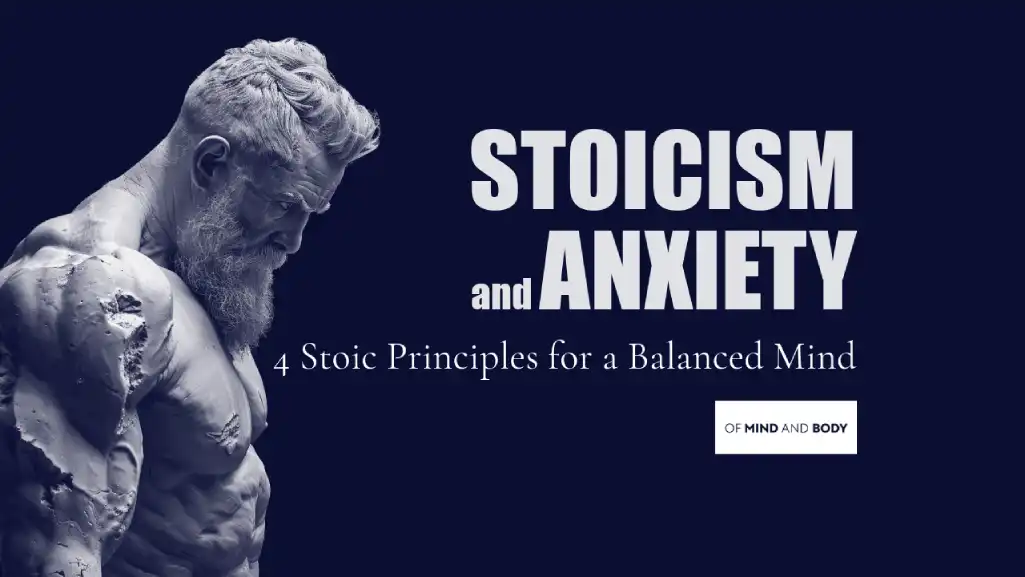
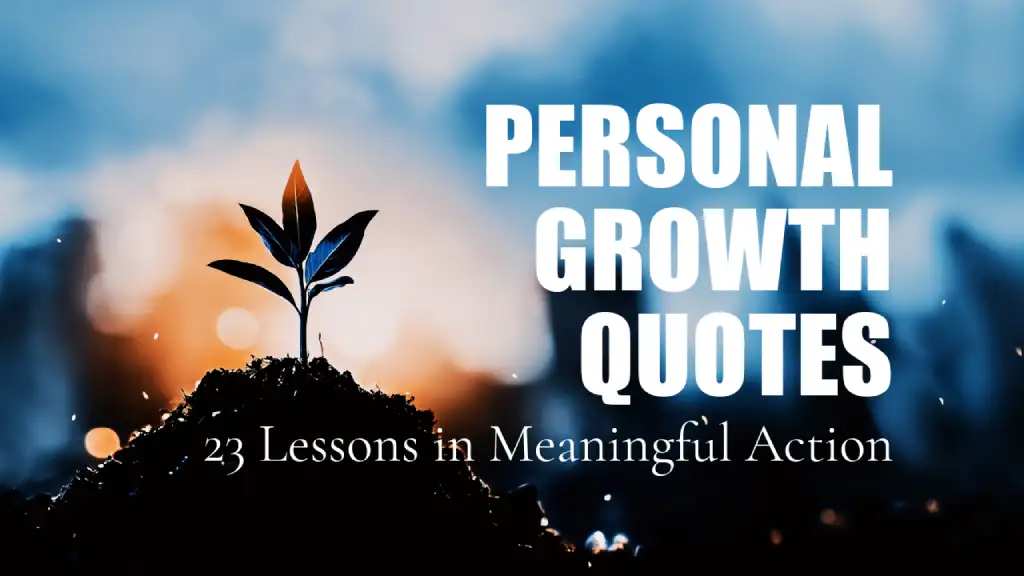

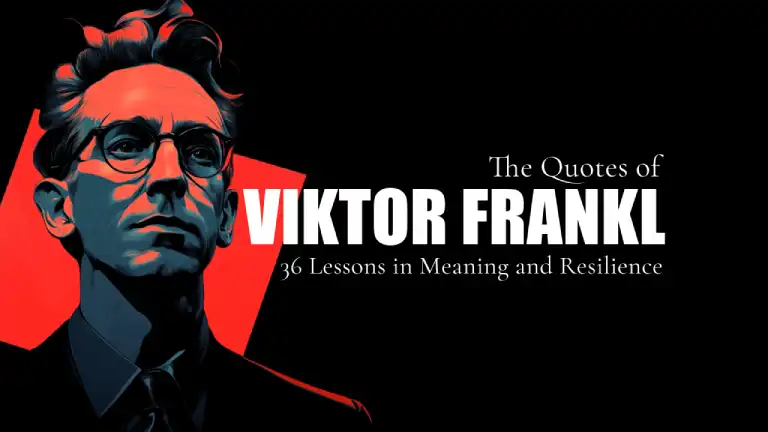


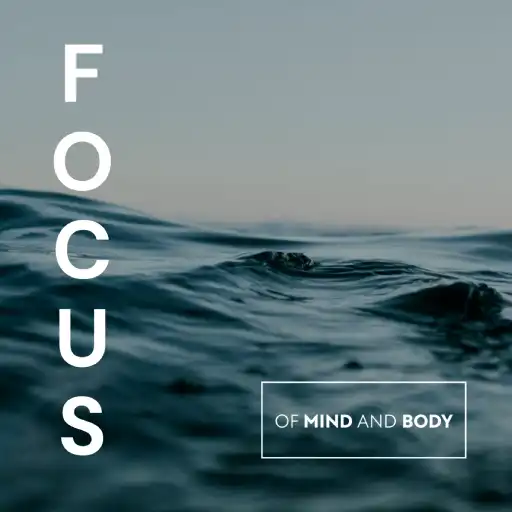
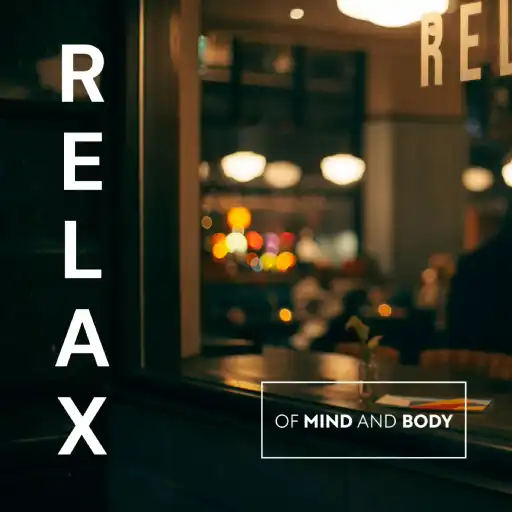
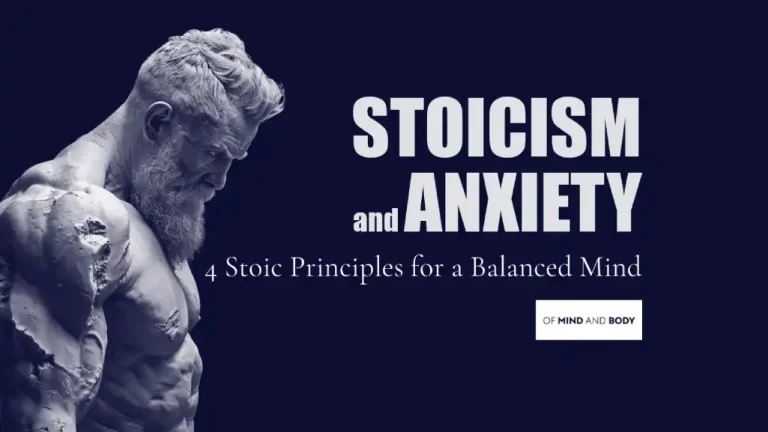
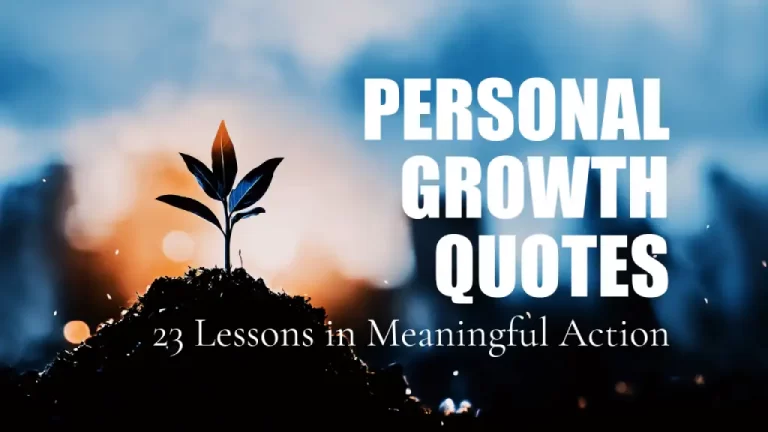

14 responses
Hello! This is my first comment here so I just wanted to give a quick shout out and say I genuinely enjoy reading your blog posts. Can you suggest any other blogs/websites/forums that go over the same topics? Thanks a ton!
Thank you for the comment, it means a lot to me. I’m glad you enjoy the articles… You could try Orion Philosophy or The Daily Stoic too.